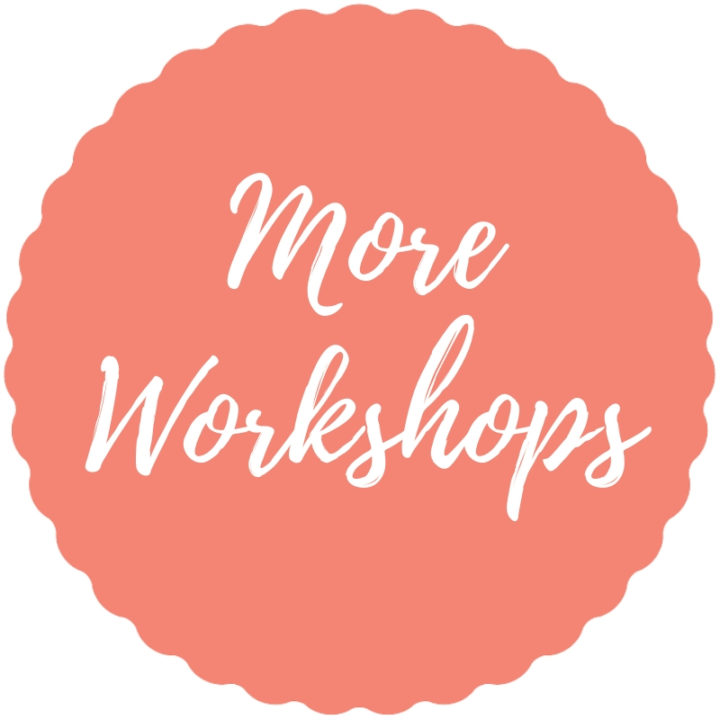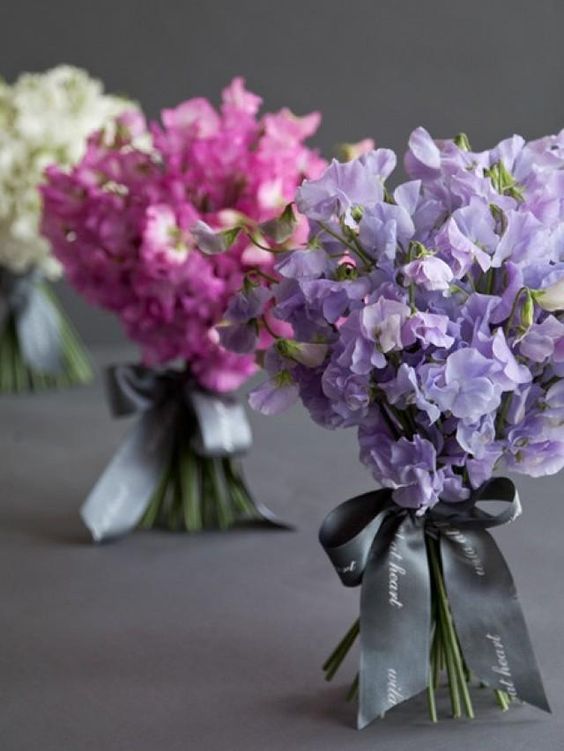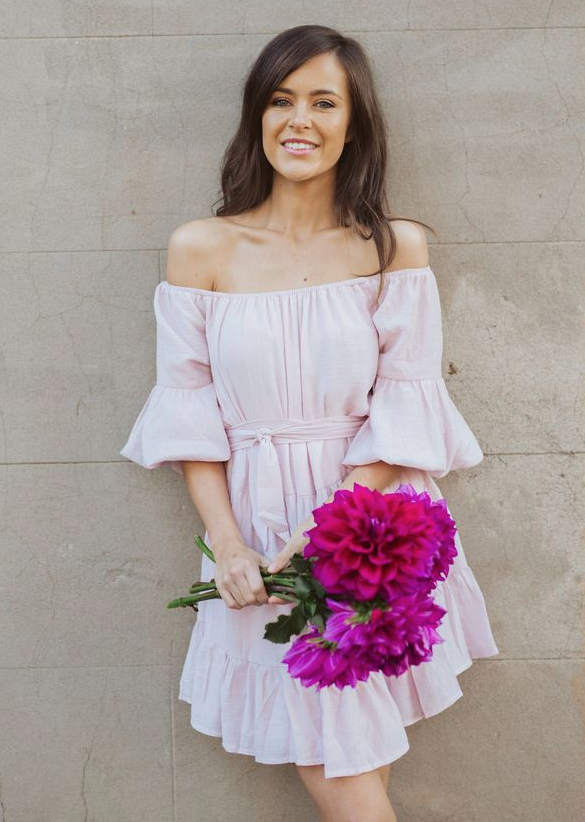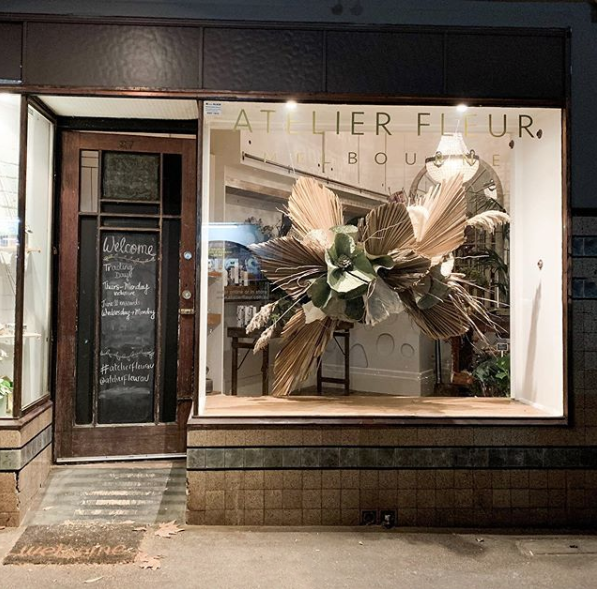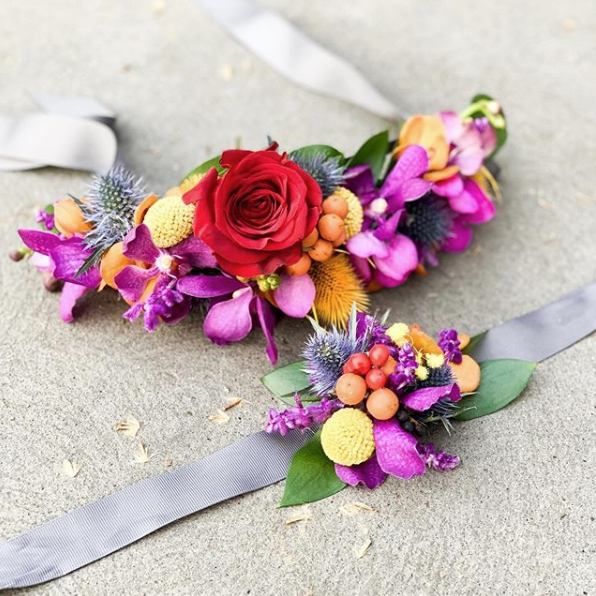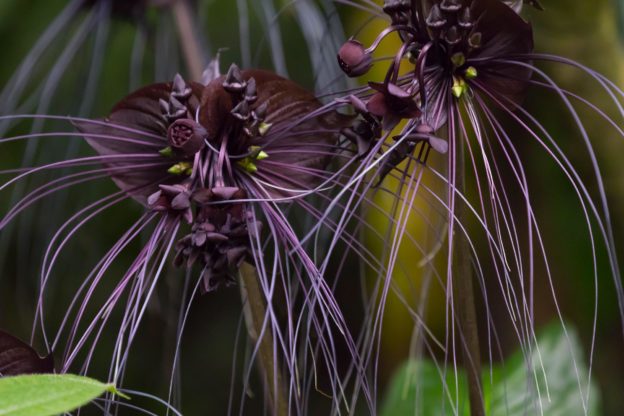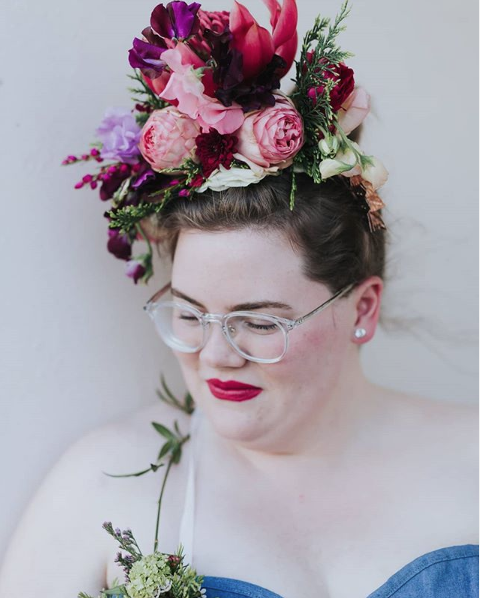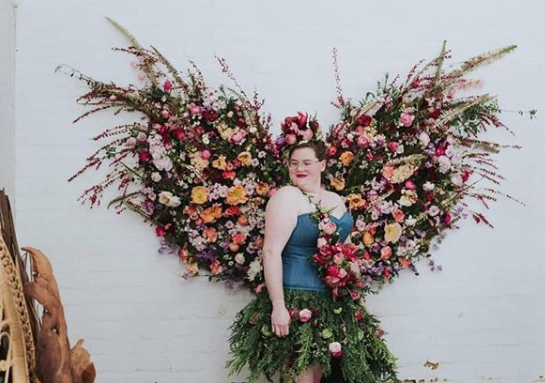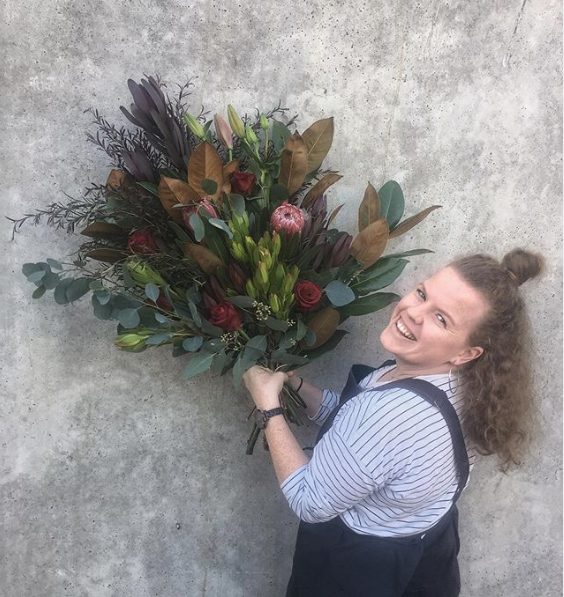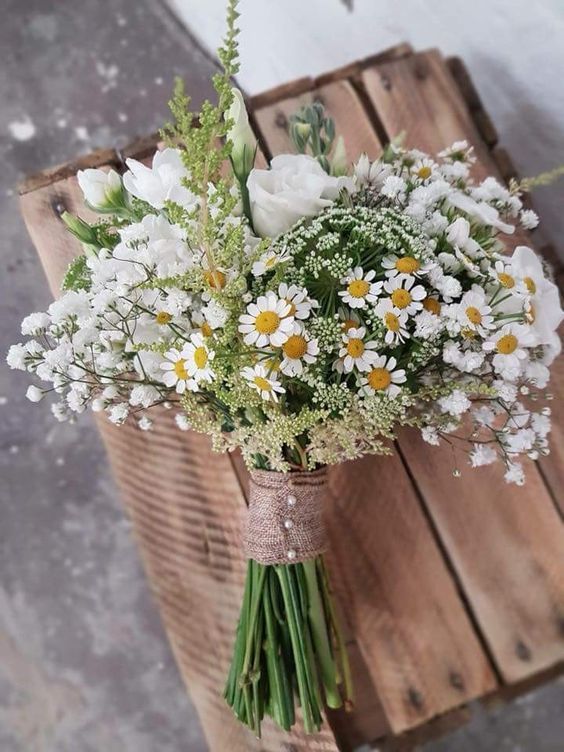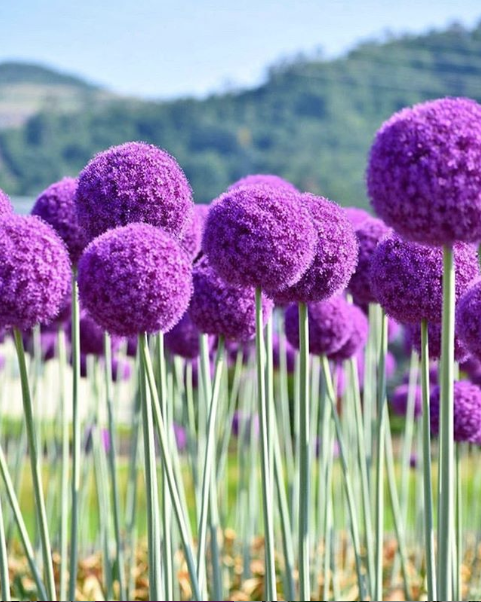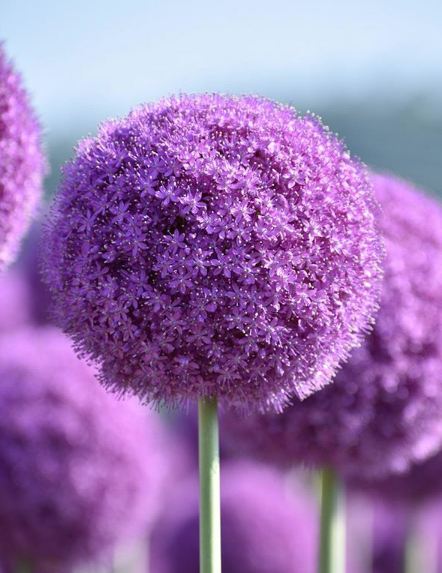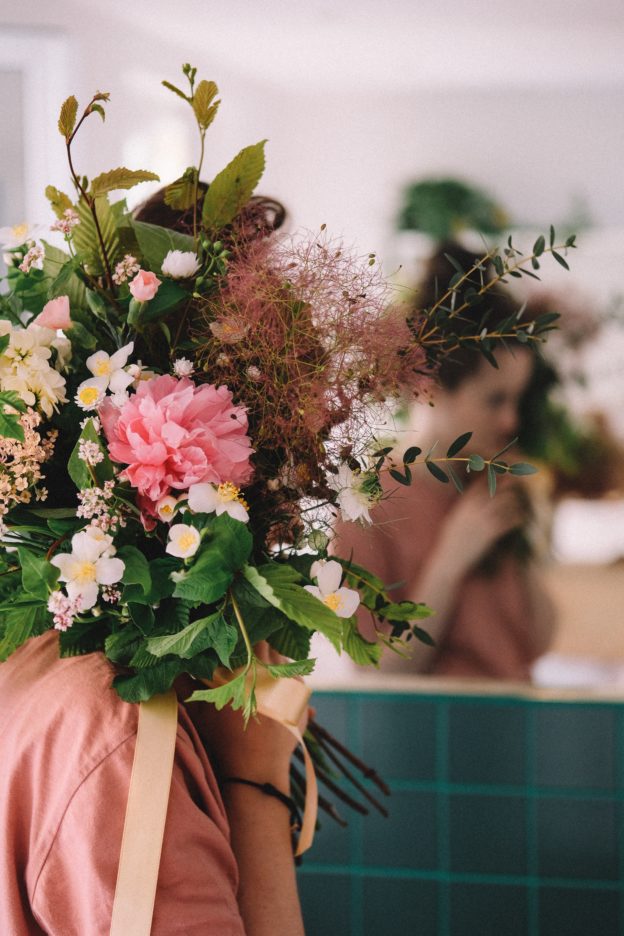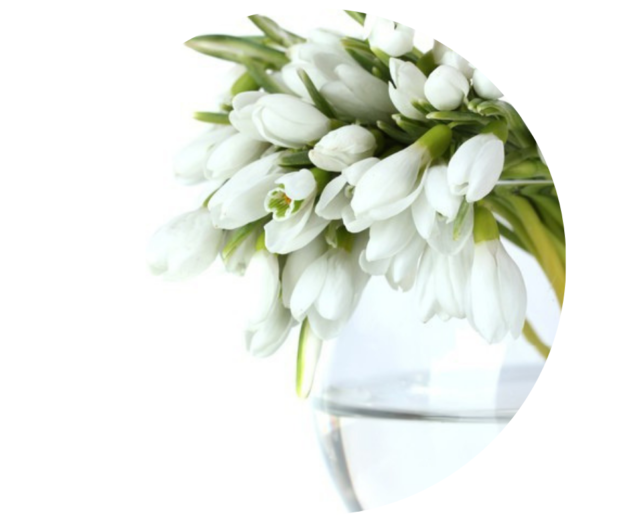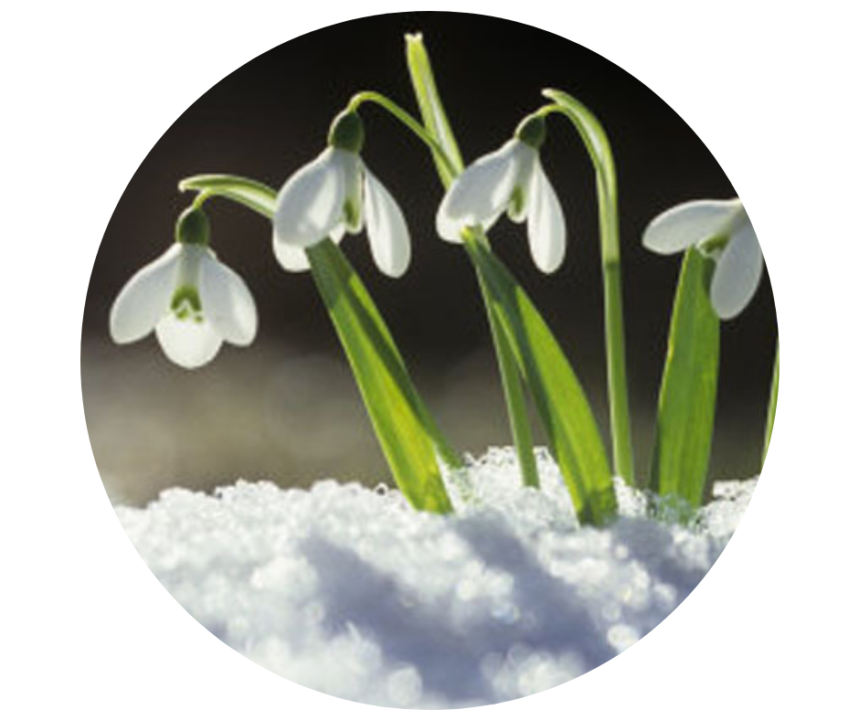Smelling floral scents puts us in a good mood and makes us feel less anxious. I love sweet pea for this reason!
When choosing the colour scheme for your flowers, colours that are close to each on the colour wheel promote calmness. Colours on opposing sides of the colour wheel energise us!
What flowers do you have around you today? I’ve got some coral coloured carnations!
Join us at Bloom College for one of our workshops to learn more about colour theory, the power of flowers and how they contribute to our well being.
